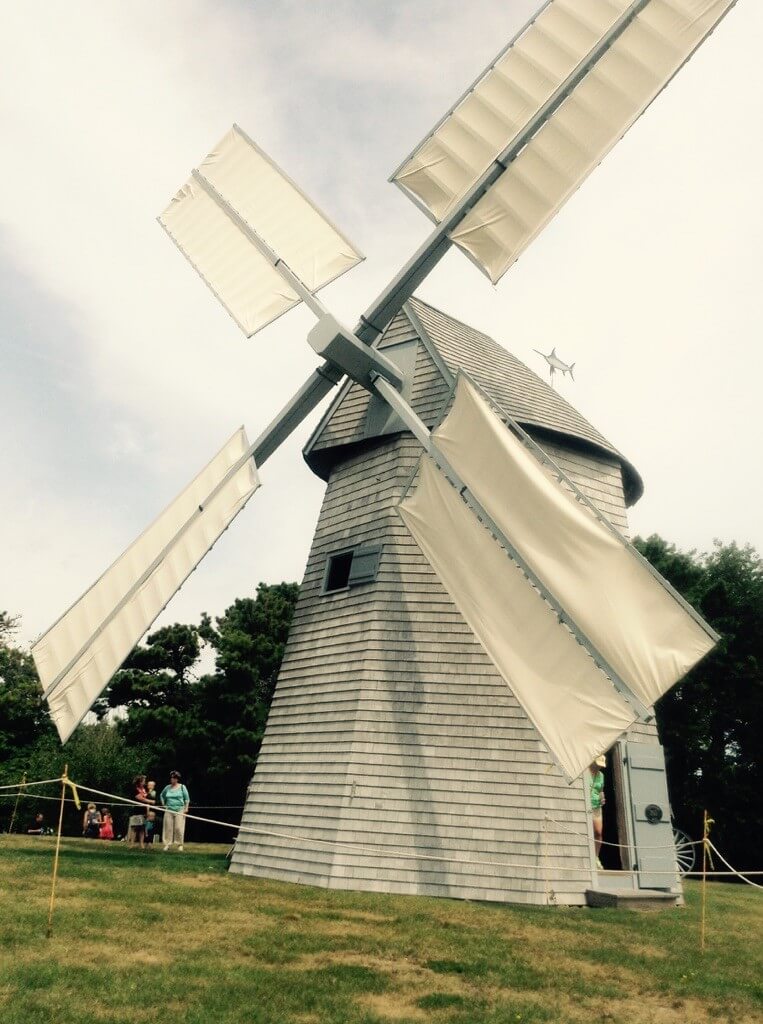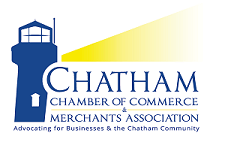Historic Preservation and Revitalization Efforts:

Reverence for its past has long been at the heart of Chatham, Cape Cod, which has taken many steps to preserve and protect the soul and spirit of the town. Unlike many newly “revitalized” destinations, Chatham, Cape Cod has always been committed to historic preservation. Numerous efforts to control growth and maintain the rich and historic character of the town include:
Community Preservation Act (CPA): Adopted by the Town in 2002, the CPA is a funding mechanism where a minimum of 10% of annual revenues, from a 3% property surcharge, must be used for historic preservation. Annual CPA allocations can be as high as 80%, with the Commonwealth of Massachusetts providing a 100% match of funds. This tool enables Chatham to actively pursue preservation projects and leverage State funding to enhance the protection efforts of other entities working to preserve the Town’s historic character. Since Chatham’s adoption of the CPA, the Town has allocated over $2,700,000 to numerous historic preservation projects including:
- Renovation of two historic houses at the former Marconi RCA Wireless Receiving Station for affordable housing
- Restoration of the Atwood House Museum, including the creation of an archival center
- Development of an illustrated book of historic houses in Chatham
- Architectural documentation of buildings at the former Marconi RCA Wireless
- Receiving Station (National Register District)
- Funding of a Master Plan for former Marconi RCA Wireless Receiving Station
- Renovation of the historic Doc Keene Scout Hall
- Relocation and renovation (bee-hive oven) of the Caleb Nickerson House
- Preservation and conversion of the 1925 Main Street School into a Community Center
- Re-roofing of the former hotel on the historic Marconi site and hiring a consultant to develop an RFP for building reuse and long term leases on that site
- Preservation of a historic lighthouse display, which dates to 1923, including a unique and valuable “Fresnel” lens
- Development of detailed documents and cost estimates for major renovations and alterations at the Chatham Railroad Museum
- Conducting a Town-wide Archaeological Reconnaissance Survey
Historic Business District Commission: This commission has maintained the dignity, flavor and local color of Main Street and other smaller commercial areas by providing oversight of architectural alterations; signage size, color, appropriateness of content and placement (for instance, no electrified signage); landscaping; infrastructure; and parking.
Historical Commission: A town entity that works closely with the Commonwealth of Massachusetts Historic Commission and Cape Cod Commission to inventory and protect historic structures. The Historical Commission maintains the power to stay the destruction of or alterations to historic structures for one year to allow preservation advocates to find alternative solutions. It also sponsors local awards for best preservation of buildings.
Chatham Historical Society: Chartered in 1923, this is the first major organization to record and preserve of Chatham’s past and is guardian of the Atwood House & Museum.
Chatham Conservation Foundation, Inc.: The oldest land trust on Cape Cod, incorporated in 1962, the privately funded Chatham Conservation Foundation owns or has deed restrictions on 184 parcels of open space in Chatham, totaling 587 acres.
Conservation Commission: Created in 1960, this regulatory board appointed by Chatham Selectmen administers wetland protections regulations and oversees 550 acres of town conservation land, including town forest. The Commission created local Wetland Protection by-laws that are stricter than state code and is now developing a Comprehensive Land Management Plan.
Town of Chatham Land Bank Committee: This town-appointed committee is charged with the collection of money for purchasing and preserving open space for passive recreation. Since 1999, using funds collected through the Cape Cod Open Space Land Acquisition Program, over $9,500,000 has been allocated to protect approximately 140 acres critical to maintaining Chatham’s environmental and historical landscape character.
Cape Cod Commercial Fishermen’s Alliance: This ten-year-old non-profit environmental organization was created by local fishermen to ensure managed sustainability of the enduring local fishing industry. Along with protecting healthy oceans and New England coastal communities, the Alliance is focused on four main program areas: fisheries reform campaign (policy), cooperative research (science), community outreach and education (education), and community-based fisheries management (alternative fisheries governance). The Alliance encourages understanding and cooperation between fishermen, scientists, environmentalists, policy makers and the general public. The Alliance's annual Hookers Ball raises awareness and funds.
Friends of Pleasant Bay: Local activist organization founded 21 years ago, now over 1,000 members strong, which petitioned the Massachusetts Executive Office of Environmental Affairs to designate Pleasant Bay an “area of critical environmental concern.”
Community Boating and Rowing Program: An outgrowth of the Friends of Pleasant Bay, the free and public sailing and rowing program provides summer opportunities for locals and visitors to enjoy passive (non-engine) boating, safety, and environmental awareness.
